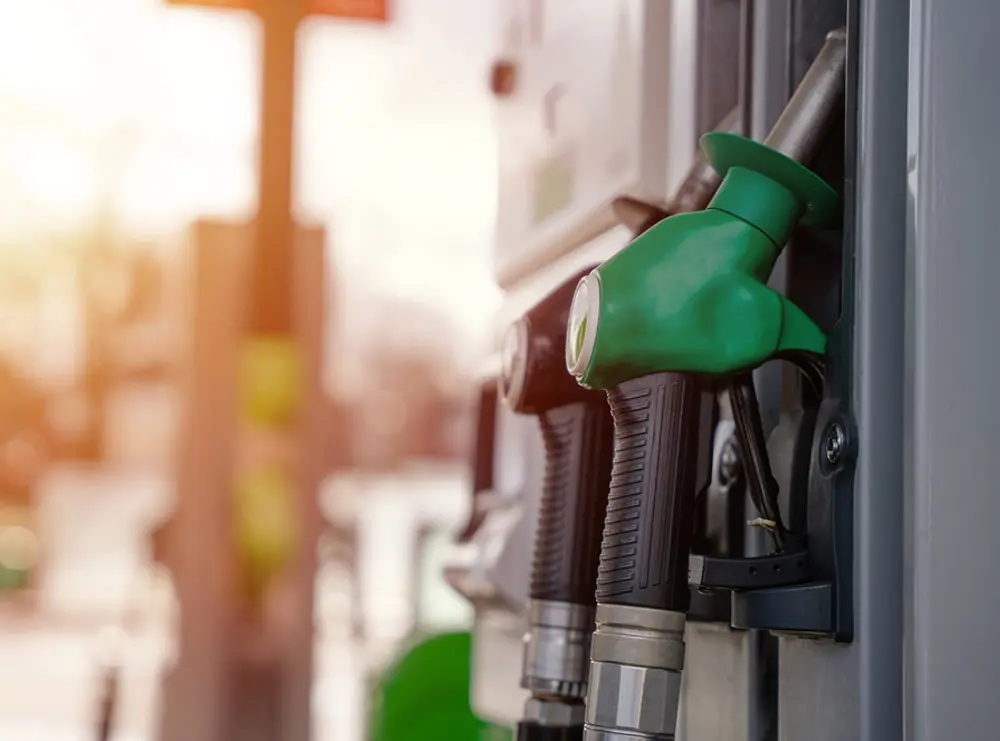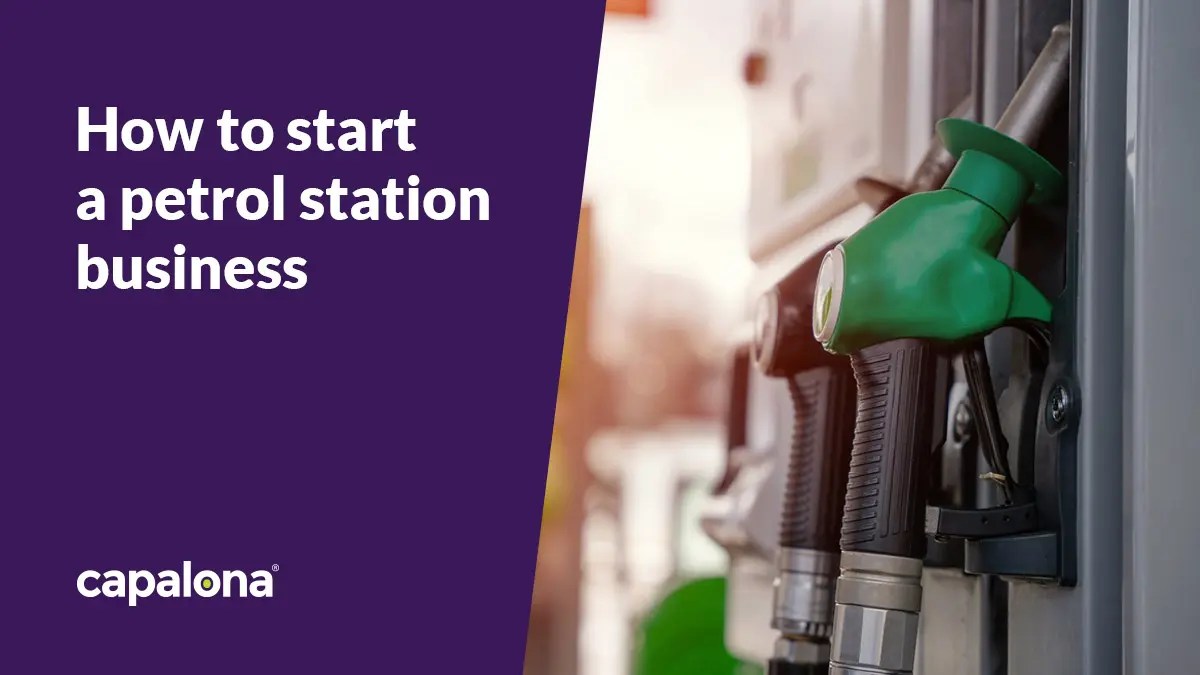If you’re looking to start a business with the potential for a steady income and diverse revenue streams, buying into a petrol station franchise or opening your own could be a good idea.
Opening a fuel station requires considerable financial investment, so if you already know this industry, have access to the required finance or are considering buying a franchise, learn more below.
Why start a petrol station business?
Opening a new petrol station is a popular choice for many budding business owners. Why? Because it offers the opportunity to generate a decent income and overcome interesting challenges, the fact that there are over 19.2 million petrol cars and 11.4 million diesel cars registered in the UK in 2023 suggests the marketplace is still thriving.
How to start a petrol station business
You know you want to start a business, but getting going can be a bit of a headache. With so many things to do, where do you start? Here are six steps you can take to get your business ownership journey off the ground.
1. Do your research
Starting any business is daunting, but the key to success in your first year is research. You can’t do too much research. Always look into the marketplace — how competitors operate, understand the risks associated with the industry you’re entering, and fully take note of the costs required to start your petrol station business.
2. Nail down your service offering
Petrol stations are so much more than providing fuel for vehicles. With many offering services such as car washes, air and water facilities, convenience stores, coffee machines, electric car charging points and more. There are plenty of service options available for you to get your teeth stuck into.
You have the chance to build your own fuel station empire by catering to the needs of your audience. So, take time to map out which services you’re going to offer.
3. The big decision: independent or franchise?
When starting a gas station business, the main battle is deciding whether to start an independent station or buy into a recognised brand like BP, Shell or Esso.
Buying into a franchise can be more cost-effective and risk-averse than starting out on your own. You get to take advantage of their marketing, branding, and general business support, and you can get up and running much quicker and take them up on any training they offer.

4. Get finances sorted
Unless you have significant personal savings, you’ll probably need to access some kind of business finance to fund your petrol station. How much does it cost to start a business? Let’s take a Shell franchise as an example; based on opportunities previously posted on franchise sites, you’ll need a total initial investment of £138,000; although there are no franchise fees to pay, you own and purchase all shop stock, manage employees and share in the profits from both fuel and shop sales.
You can apply for several types of business finance to help raise these funds, including petrol station finance. This type of finance is an umbrella term and includes loan products like franchise finance, working capital loans and start-up loans. So, there are plenty of funding options available.
5. Find a fuel supplier
If you’re part of a franchise, they’ll usually stipulate approved suppliers in your contract. But if you’re setting up an independent petrol station, you must research and settle on your own gas supplier. Many companies, including Esso, Certas Energy, and Keyfuels, offer wholesale fuel to UK petrol stations. It’s just a matter of finding the right fit for your business needs.
6. Don’t forget to register your company
Even if you’re part of a franchise, the franchisor is not responsible for registering and legally setting up your company. They may provide advice, i.e. they might require you to register as a limited company.
If you’re unsure whether to register as a sole trader or limited company, you can seek advice from an accountant or read general guidance on HMRC’s website.
Other considerations when starting your business
- Take out a sufficient business insurance policy. When opening a petrol station, there are many risks, not just risks facing the public, but for the building connected to the petrol station and your staff members. You’ll need to consider taking out comprehensive coverage with insurance including employers’ liability insurance (if you employ staff), buildings and contents insurance, public liability insurance, stock insurance, and business interruption insurance, to name a few.
- Source additional suppliers. If you’re selling food, coffee, other drinks, etc., you need to find a supplier for these goods — it’s probably where you’ll make the majority of your profits. Get talking to the local community about what kind of items they would want to buy. If you’re part of a franchise, chances are, you’re already set with suppliers.
- Don’t forget about marketing. Marketing not only gets the word out about your new petrol station, it’s how you can set yourself apart from competitors. It’s more than low fuel prices that drag customers through the door, so trial marketing strategies to find the best way to capture customer attention.
If you’re just about to buy into a petrol station franchise in the UK and want to know more about your finance options, use our free business finance comparison tool. Our tool is a self-serve platform, so you can take your time to compare your options side-by-side before deciding on the best route forward. Start comparing business loans.






